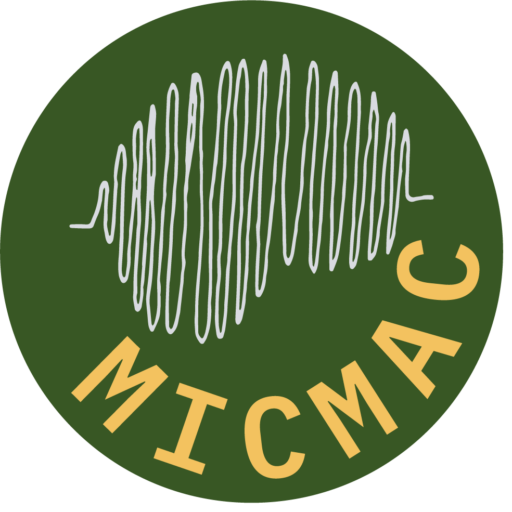Program
Workshops tutorials
Wednesday – March 19th
The entire workshop day will be dedicated to practical aspects and tutorials. The first part of the day will be devoted to hands-on tutorials and divided in two tracks (see descriptions below). Then two practical lectures will provide global perspectives on SEEG analysis in epilepsy.
To attend the hands-on tutorials, participants are required to register and bring their own laptops
Hands-on workshop description
Quantitative SEEG analysis for epilepsy
This workshop (2X2 hours) on Quantitative SEEG Analyses in Epilepsy is designed to provide an in-depth understanding of advanced analytical techniques for interpreting intracerebral EEG data using the open source toolbox Brainstorm.
The workshop will include hands-on sessions with real iEEG datasets, highlighting how quantitative approaches can enhance the identification of epileptic networks, optimize diagnosis, and inform treatment strategies. By attending, participants will gain practical experience and a deeper appreciation of the potential of quantitative EEG to advance precision medicine in epilepsy.
- The workshop will be guided by Takfarinas Medani, (PhD) and Anne Sophie Dubarry (PhD). Participants will use Brainstorm for their analyses on their own laptop. iEEG datasets will be provided.
- Specific instructions and preparatory documents will be sent to each participants about 1 week before the worshop.
- The workshop will be complemented by the two dedicated lectures and the great debate that will follow.
Check the detailed program on Brainstorm’s webpage.
Focus on HFO in epilepsy
Join us for a hands-on workshop (2×2 hours) on High Frequency Oscillations (HFO) in epilepsy, designed for clinicians, researchers and students working in the field of epilepsy.
This workshop will cover the basics of HFO detection (ripples and fast-ripples, combined or not with epileptic spikes), analysis and interpretation, emphasising their role as biomarkers of the epileptogenic zone. There will be an opportunity to process signal acquired on both micro- and macro-elecrodes. Participants will gain practical skills for HFO identification in intracranial EEG, with guided sessions.
By attending, you’ll improve your understanding of how HFO may improve diagnostic accuracy and learn how to use HFO in research protocols.
- The workshop will be guided by Jonathan Curot (MD, PhD) and Emmanuel Barbeau (PhD), with support from their lovely students. Participants will use the Halyzia® software for their analyses on their own laptop. iEEG datasets will be provided in advance and participants will have an opportunity to run analyses on their iEEG dataset if they wish (accepted formats: .trc, .edf, .med, .ns5, .ncs).
- Specific instructions and preparatory documents will be sent to each participants about 1 week before the workshop.
- The workshop will be complemented by the two dedicated lectures and the great debate that will follow.
Check the detailed program on the dedicated webpage.
Don’t miss this opportunity to enhance your expertise, network, chat with other participants and have a good time!
Please be present at 09:30 for badge pickup and breakfast
Conferences – Preliminary program
Thursday – March 20th
HFO in epilepsy: what they are and why should we care?
9:00 – Registration – Welcome breakfast
9:20 – Event introduction – Luc Valton
9:30 – Liset Menendez de la Prida – Machine learning analysis of brain oscillations in health and disease
10:00 – Milan Brazdil – HFO, VHFO and beyond
10:30 – Mariam Al Harrach / Fabrice Wendling – Neuro-inspired computational modeling of EEG signals and optimization of HFO recording
11:00 – Coffee Break
11:30 – Maeike Zijlmans – HFO and ECoG during epilepsy surgery
12:00 – Jean Gotman – How good are HFO at marking the epileptogenic zone?
12:30 – Lunch & Poster session
Cutting the Gordian knot: the intricate relationship between sleep and brain rhythms
14:00 – Laurent Sheybani – Role of slow waves in shaping network excitability
14:30 – Laure Peter-Derex – Intracerebral rhythms during REM sleep and their disturbances in epilepsy
15:00 – Adrien Peyrache – Orchestration of HFO in thalamocortical networks
15:30 – Coffee Break
16:00 – Jérôme Aupy – Corticostriatal interdependance in SEEG
16:30 – Amaury de Barros – Implanting hybrid electrodes: the point of view of the neurosurgeon
17:00 – Pierre Mégevand – Functional brain mapping with SEEG: toward a semi-automated approach
17:30 – Michał Kucewicz – High frequency oscillations as electrophysiological engram activity
19:00 – Social event
Friday – March 21st
Brain rhythms: deep brain structures are also involved!
8:30 – Breakfast
9:00 – Adrien Causse – Comparative analysis of oscillatory dynamics in the human and rodent brains
9:30 – Florian Mormann – Concept neurons as semantic building blocks of episodic memory
10:00 – Federica Lareno-Faccini – Hippocampo-cortical dynamics underlying memory formation and consolidation
10:30 – Marcel Kehl – Ripples facilitate human memory consolidation by reactivating learning-related neurons
11:00 – Coffee Break
11:30 – Julien Bastin – Functional antagonisms between ventromedial prefrontal cortext and anterior insula during value-based decisions
12:00 – Best posters awards and presentations
12:30 – Take away lunch
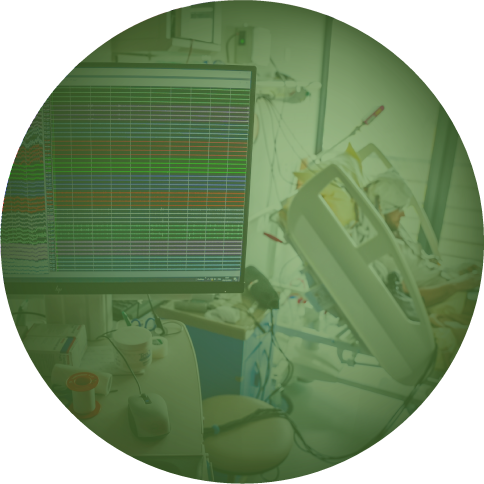
Posters
Dispalyed during the whole event
Attendees will be able to engage in discussion with the speakers, explore future trends in the field, and present their current research on posters.
Posters will be presented during the breaks of the 19th and 20th.
Prizes will be awarded to the best posters and the abstract book will be published online.
Poster presenters have to register for this session. Poster submission deadline: February 28th.
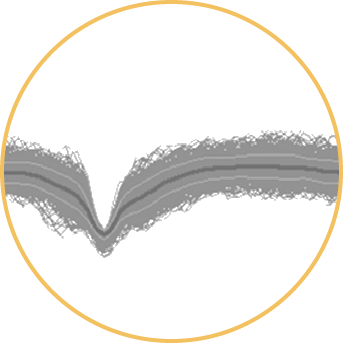
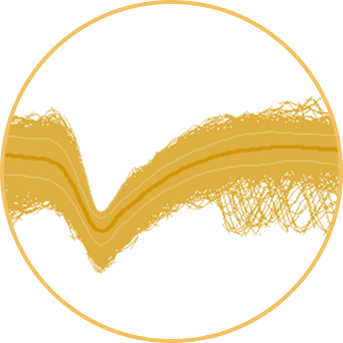

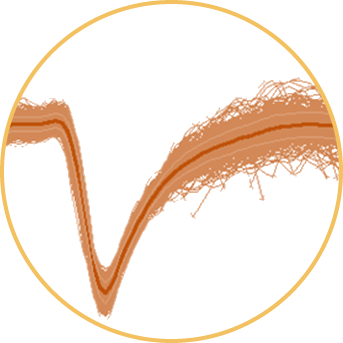
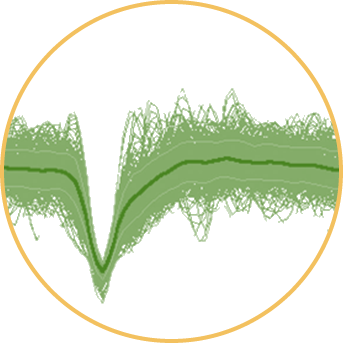
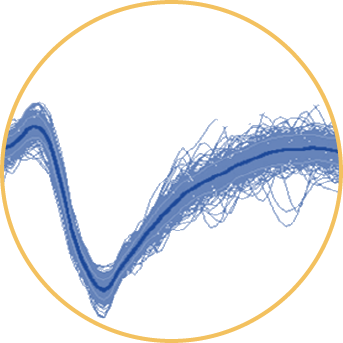
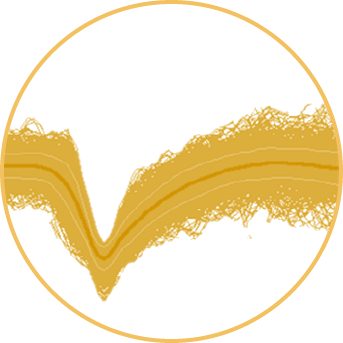
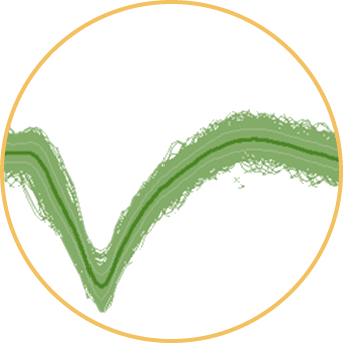
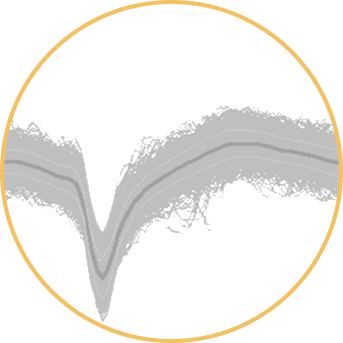



Speakers & Instructors
Mariam Al Harrach
LTSI Inserm, France
Jérôme Aupy
U. & CHU Bordeaux, France
Emmanuel Barbeau
Cerco, France
Julien Bastin
GIN, France
Amaury de Barros
CHU Toulouse, France
Fabrice Bartolomei
AMU, AP-HM, France
Milan Brazdil
CEITEC, Czech Republic
Adrien Causse
Oxford U., UK
Jonathan Curot
Cerco, CHU Toulouse, France
Maximilien Chaumon
ICM, CNRS, France
Anne-Sophie Dubarry
CRPN-AMU, France
Valerio Frazzini
ICM, AP-HP, France
Jean Gotman
McGill U., Canada
Philippe Kahane
CHU Grenoble, France
Marcel Kehl
Oxford U., UK
Michał Kucewicz
Gdańsk Tech, Poland
Federica Lareno-Faccini
Collège de Fr., France
Takfarinas Medani
USC, USA
Pierre Mégevand
U. Geneva, Switzerland
Liset M de la Prida
CSIC, Spain
Florian Mormann
Bonn U., Germany
Laure Peter-Derex
CRNL, France
Adrien Peyrache
McGill U., Canada
Julia Scholly
AMU, AP-HM, France
Laurent Sheybani
UCL, UK
Fabrice Wendling
LTSI Inserm, France
Maeike Zijlmans
UMC Utrecht, NL
